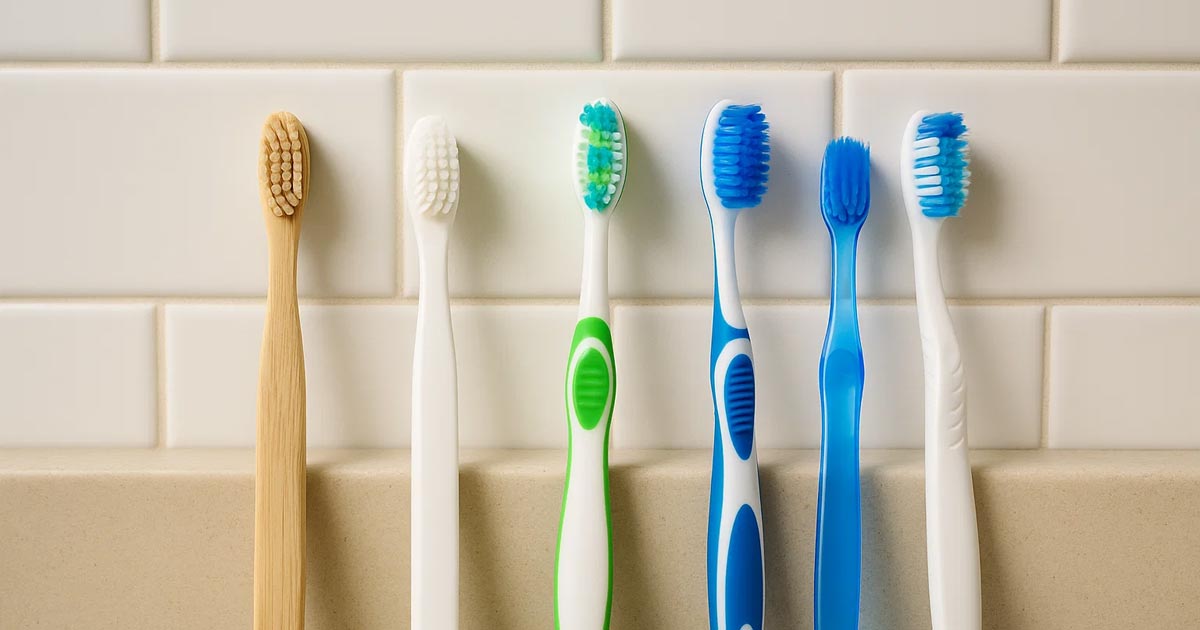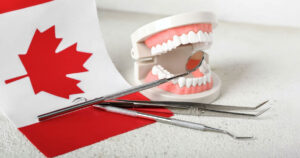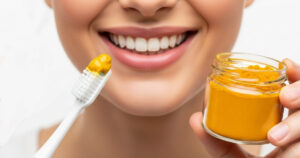Selecting the right toothbrush can make a big difference to your dental care as well as prevent oral problems. With so many shapes, designs, and features, it may confuse you about where to begin. With this guide, you will learn how to choose the best toothbrush that suits your needs. If you are considering manual vs electric toothbrush options or just looking for a good toothbrush feature, this toothbrush buying guide will help you make a good decision. Keep reading to learn what truly matters when it comes to choosing the right toothbrush for your smile.
How to Choose the Best Toothbrush for Your Needs
In order to keep teeth strong and gums healthy, learning how to select the ideal toothbrush for personal needs comes first. Start by considering your mouth size, your technique for brushing, as well as any personal concerns for your teeth. With a brush having a small brush head, it gets into tight spots, while bristles that are soft maintain delicate gums as well as enamel. With braces or dental implants, a brush for orthodontic care may work best for your needs. Consulting your dentist will also help determine which brush is most suitable for you, so each brushing session keeps your smile shining as your mouth remains thoroughly protected.
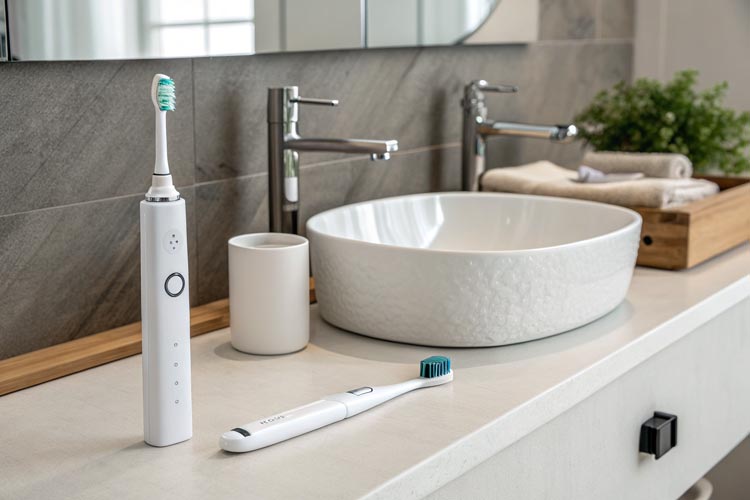

Book Your Consultation Now
Best Toothbrush Features to Consider
If you want to improve your smile’s appearance, choosing the right toothbrush is just as important as professional cosmetic dentistry treatments. To choose the best toothbrush, focus on features that will maximize both effectiveness as well as comfort. For most people, a toothbrush with soft bristles will usually work best as it cleans efficiently but will not harm the gums. The handle should sit easily in your hand, with you finding that your mouth comfortably accommodates the brush head. Other features, such as angled bristles or a tongue cleaner, can help maximize cleaning results.
The following is a description of major toothbrush features with advantages:
| Feature | Why It Matters | Recommended Option |
| Bristle Type | Protects enamel and gums | Soft or extra soft |
| Head Size | Reaches all areas easily | Small or medium |
| Handle Design | Improves control and comfort | Ergonomic grip |
| Special Add-ons | Enhances cleaning | Angled bristles, tongue cleaner |
| ADA Approval | Ensures safety and quality | Look for the ADA Seal |
Related Article: Best Tooth Filling Types for Your Needs
Manual vs Electric Toothbrush Comparison
When determining which type of toothbrush to use, you may choose between a manual or an electric version. They will both do a great job if done correctly, but they have different advantages. Manual toothbrushes are affordable and easy to use anywhere. Electric toothbrushes, on the other hand, can remove more plaque from your teeth and are best suited for individuals with limited mobility or braces.
The notable distinctions below will aid your decision:
- Manual toothbrushes are simple and budget-friendly.
- Electric toothbrushes often include timers and pressure sensors for improved brushing habits.
- Electric models may help reduce gum disease and plaque buildup more efficiently.
The decision actually depends on cost, comfort, and consistency of use.
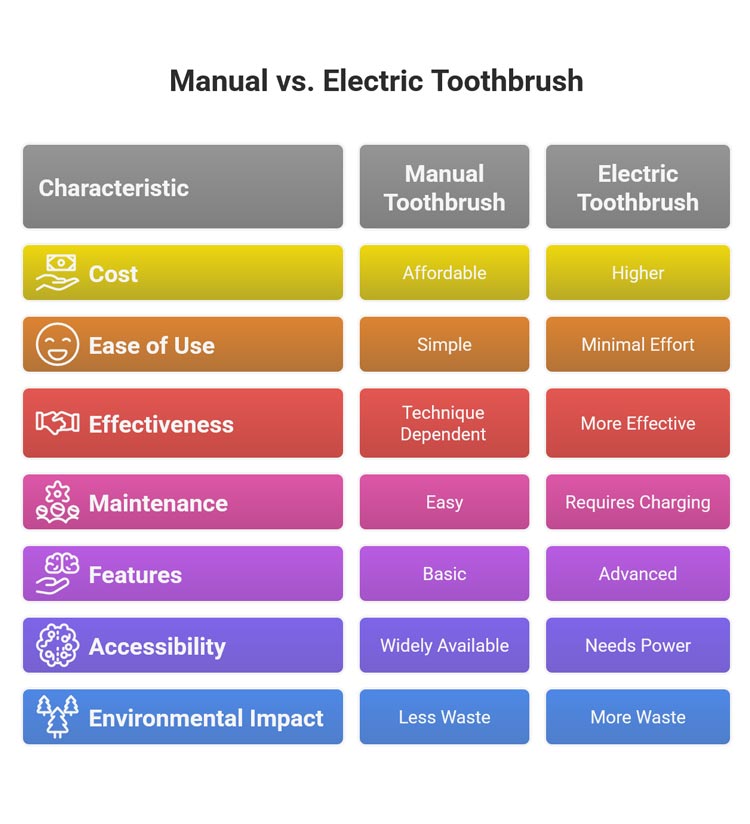
Note: For more details on correct brushing methods, visit Healthline’s guide to brushing your teeth.
When and How to Replace Your Toothbrush
In order to maintain a healthy mouth, you must replace your toothbrush regularly. Knowing when to replace it is as important as knowing how to choose the best toothbrush in the first place. With time, bristles get worn out and ineffective at cleaning away plaque. It’s a good idea to switch your brush every three to four months or earlier if the bristles are seen as being frayed. Always replace your toothbrush after recovery from an illness in order to avoid re-infection by bacteria. Wash it thoroughly after each use and stand it upright in an open container to allow it to fully dry between brushings.
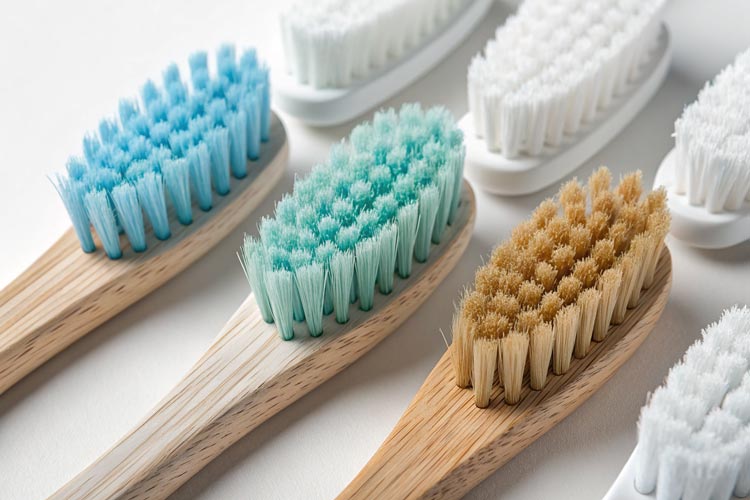
Choosing the Best Toothbrush for Sensitive Teeth and Gums
If your teeth or gums are sensitive, it is important to choose the best toothbrush that will do a gentle yet effective cleaning. Opt for soft or extra-soft bristles that minimize irritation yet work to clear out plaque. Toothbrushes with flexible necks or cushioned heads will further reduce pressure on delicate areas. Electric toothbrushes with a gentle mode work wonderfully for sensitivity, as they produce consistent motion without abrasive scrubbing. Don’t use medium or hard bristles, as they can further aggravate gum recession. For extra protection, use your toothbrush with a toothpaste made for sensitivity and brush with mild, circular motions to protect your enamel.
Find the Perfect Toothbrush for a Brighter Smile
At Danforth Dentistry Clinic in Toronto, our dental experts can help you choose the best toothbrush and maintain excellent oral health. Experience personalized care and lasting results with our trusted team.
Upgrade Your Smile by Choosing the Best Toothbrush
Understanding how to select the ideal toothbrush ensures you maintain healthy teeth and gums for life. From comparing manual vs electric toothbrushes to identifying ideal toothbrush features, every detail helps with better oral care and long-lasting confidence. Don’t forget, a regular brushing routine with the ideal toothbrush gets you that shining, healthy smile.
At Toronto’s Danforth Dentistry Clinic, caring staff members work to point you in the direction of a healthier, happier mouth. Need teeth whitening, cosmetic dentistry, fillings, or a whole new smile makeover? At Danforth Dentistry Clinic, personalized care helps keep your smile healthy and radiant.
Related Article: Top 10 Dental Implant Brands in 2025
FAQ
-
How often should I replace my toothbrush?
Once every three or four months, or more frequently if bristles get worn or after being sick.
-
Is an electric toothbrush better than a manual one?
Both clean effectively if used properly, but electric toothbrushes may give better results for people with braces or limited dexterity.
-
Which toothbrush bristle type is best?
Soft bristles are usually recommended since they clean effectively but will not hurt your gums or enamel.
-
How can I choose the best toothbrush for sensitive teeth?
Seek out soft or ultra-soft bristles with compact heads for delicate cleaning.
-
What is the best toothbrush for children?
A small-headed toothbrush with soft bristles and an easy-grip handle works best for small mouths.
Just got a new toothbrush or a favorite one? Share your questions or experience of selecting the best toothbrush in the comment section below. We would really like to know your thoughts.

